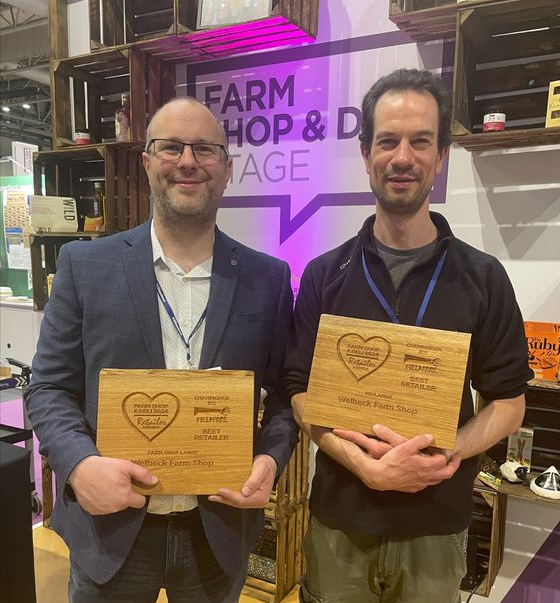West Midlands parents asked to "make a swap" as Public Health England reports 10 year olds in the UK have consumed 18 years’ worth of sugar
Public Health England (PHE) is helping parents in the West Midlands to “Make a swap when you next shop” to halve their children’s sugar intake from some everyday food and drinks.
Children have already exceeded the maximum recommended sugar intake for an 18 year old by the time they reach their tenth birthday, according to Public Health England (PHE). This is based on their total sugar consumption from the age of two.
This figure comes as a new Change4Life campaign launches today, supporting families in the West Midlands to cut back on sugar and to help tackle growing rates of childhood obesity.
While children’s sugar intakes have declined slightly in recent years, they are still consuming around 8 excess sugar cubes each day, equivalent to around 2,800 excess sugar cubes per year.
Recent data show childhood obesity has reached alarming rates. 23.4% of 4- to 5-year-olds are overweight or obese in the West Midlands increasing to 37.1% in 10- to 11-year-olds.2
Overweight or obese children are more likely to be overweight or obese as adults, increasing their risk of heart disease and some cancers, while more young people than ever are developing Type 2 diabetes. Excess sugar can also lead to painful tooth decay, with 25.7% of 5 year olds in the West Midlands having tooth decay.
To help parents manage this, Change4Life is encouraging them to “Make a swap when you next shop”. Making simple everyday swaps can reduce children’s sugar intake from some products (yoghurts, drinks and breakfast cereals) by half – while giving them healthier versions of the foods and drinks they enjoy.
Parents can try swapping:
- a higher-sugar yoghurt (e.g. split-pot) for a lower sugar one, to halve their sugar intake from 6 cubes of sugar to 3;
- a sugary juice drink for a no-added sugar juice drink, to cut back from 2 cubes to half a cube;
While some foods and drinks remain high in sugar, many companies have reformulated products such as yoghurts, breakfast cereals and juice drinks, meaning these swaps are a good place for families to start.
Making these swaps every day could remove around 2,500 sugar cubes per year from a child’s diet, but swapping chocolate, puddings, sweets, cakes and pastries for healthier options such as malt loaf, sugar-free jellies, lower-sugar custards and rice puddings would reduce their intake even more.
Dr Lola Abudu, Deputy Director for Health and Wellbeing at Public Health England, West Midlands said:
“Reducing the amount of sugar children consume can often be a challenge for parents.
“By asking them to ‘Make a swap when you next shop’, we’re making it easier for families to find healthier options of the foods they love.”
Dr Alison Tedstone, chief nutritionist at PHE, said:
“Children are consuming too much sugar, but parents can take action now to prevent this building up over the years.
“To make this easier for busy families, Change4Life is offering a straightforward solution – by making simple swaps each day, children can have healthier versions of everyday foods and drinks, while significantly reducing their sugar intake.”
Families are encouraged to look for the Change4Life ‘Good Choice’ badge in shops, download the free Food Scanner app or search Change4Life to help them find lower sugar options.
Popular brands – including Nestlé Shredded Wheat, Nestlé Low Sugar Oat Cheerios, Petits Filous and Soreen (malt loaf) – will display the ‘Good Choice’ badge online, in-store and throughout their advertising, to help parents find healthier options.
Customers can also find healthier options in supporting supermarkets including Asda and Aldi, as well as in Londis and Budgens convenience stores.
With a third of children leaving primary school overweight or obese, tackling obesity requires wider action and is not just limited to individual efforts from parents. PHE is working with the food industry to remove 20% of sugar from the products contributing the most to children’s sugar intakes by 2020.
In May 2018, PHE published progress against the first-year sugar reduction ambition of 5%, which showed an average 2% reduction in sugar across categories for retailers and manufacturers.
While breakfast cereals and yoghurts and fromage frais were among the categories meeting or exceeding the 5% ambition, some products in these categories are still high in sugar – this is why Change4Life is making it easier for parents to find lower-sugar options.











